I am working with Django and use Django shell all the time. The annoying part is that while the Django server reloads on code changes, the shell does not, so every time I make a change to a method I am testing, I need to quit the shell and restart it, re-import all the modules I need, reinitialize all the variables I need etc. While iPython history saves a lot of typing on this, this is still a pain. Is there a way to make django shell auto-reload, the same way django development server does?
I know about reload(), but I import a lot of models and generally use from app.models import * syntax, so reload() is not much help.
